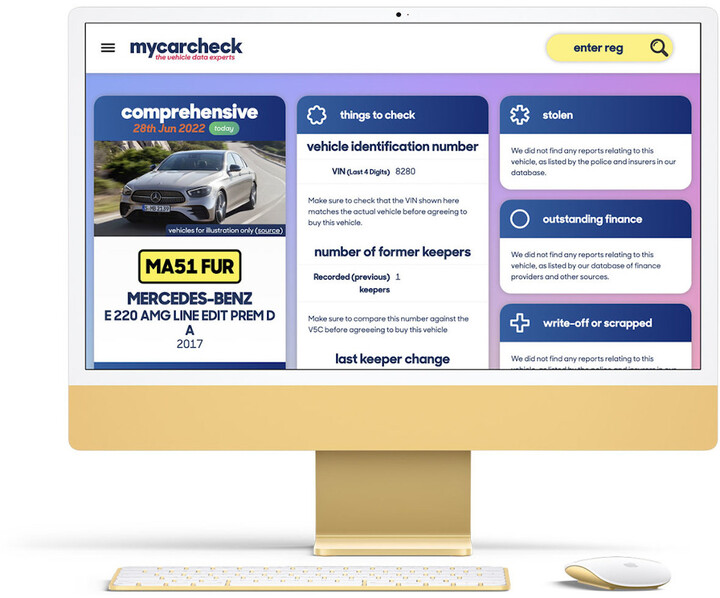
which car to buy - petrol, diesel or electric?
FREE Car History Check
See MOT history, valuations, detailed specs and more… AND upgrade to see if any vehicle has been stolen, has finance or has been written off from just £4.99
The debate around what sort of engine - or motor - should power your next car is a hot topic, and a subject which will run for some time. The decision will partly be influenced by current legislation and taxation. But most important is your pattern of driving and size of car you require.
We can assume that for a good few years, there will be a healthy split between petrol, diesel, all-electric, plug-in hybrids, dynamic hybrids and cars powered by fuel cells. Most manufacturers will offer most if not all models with some form of electrification in the next few years but this will range from full electric to mild hybrids which still use petrol or diesel engines alongside. Let’s take these in turn looking at some of the advantages and disadvantages of each.
Petrol
Petrol engines are returning to favour due to the lower nitrogen oxide (NOx) and particulate emissions when compared to diesels. Smaller engines are becoming more powerful too, and we are seeing them used increasingly in medium to large vehicles.
Advantages
Petrol engines have a more favourable emissions profile than a diesel, emitting fewer nitrogen oxides. They feel smoother and are often quieter than a diesel too. Smaller displacement engines also take less time to warm up (so are more efficient for shorter journeys).
Disadvantages
Petrol engines usually have lower torque figure (pulling ability) than an equivalent diesel so are less effective if used for towing or in heavier cars. Smaller displacement petrol engines can offer reasonable economy when not working hard but for larger vehicles, a diesel is likely to offer better fuel consumption, especially if a car is fully loaded with passengers and luggage.
Diesel
Diesel has been in favour for a while with its lower CO2 emissions and frequently better economy over petrol but the focus on other emissions is nudging it out of favour. However, if you drive a heavy vehicle, need to carry loads or travel significant distances, the diesel is still well suited to this.
Advantages
The diesel engine usually delivers both its maximum power and torque lower down the rev range so doesn’t need to be worked hard to deliver reasonable performance. The diesel engine is well-suited to load-lugging, towing and propelling heavier cars. It often delivers better economy than a similarly-sized petrol engines making ideal for higher mileage drivers.
Disadvantages
Modern diesel engined cars need to be run at full operating temperature regularly to ensure their particulate filters in the exhausts work properly. These can fail if diesels are only driven on short journeys regularly. While newer diesels have cleaned up their act somewhat, nitrogen oxide emissions (NOx) remain higher than those of a petrol engined car. Some new diesel vehicles use an additive called AdBlue to minimise the NOx output.
All-electric
We have seen the rise of the all-electric car over the last decade and as technology improves, so do their useable ranges. Charging points are appearing everywhere too, from supermarkets to motorway services and this rollout of infrastructure will increase the practicality of an all-electric car.
Advantages
Foremost, the all-electric car is pleasing to drive with the motors providing maximum oomph from the off. There are no gears to change and they are smooth and quiet too. While brands like Tesla are pioneering cars with exceptionally good ranges, each generation of the more humble models increases in capability too. Emissions from the vehicle will of course be zero so all-electric cars are ideal for city driving.
Disadvantages
There is no getting around the fact that the electric car needs to be plugged-in to charge. Unless you have a suitable parking place with a power point, this could prove a challenge on a daily basis. Range too, while improving with each new generation, often still falls short of even the most basic cars powered by an internal combustion engine.
Hybrids
The term hybrid covers a variety of technologies but essentially means there is more than one method of propulsion. There is the plug-in type where the car can be charged overnight and will only need to use their petrol or diesel engine if the battery runs low. There are also mild hybrids which simply charge as they go along and use electric power when they can, to minimise petrol or diesel consumption.
Advantages
The mild hybrids require little thought and merely do the job they are intended for, with clever computers managing the energy usage. If driven carefully, they can be reasonably efficient too. Plug-in hybrids offer full electric running to cover a modest distance too, so running costs can be kept low.
Disadvantages
Hybrids effectively carry two types of engine, adding the weight of the batteries and motors to the conventional internal combustion engine and fuel tank. This weight will affect the performance, ride and handling of a car. Plug-in hybrids - as the name suggests - need plugging in each night. And while they will often recover a little energy from the petrol or diesel engine and regenerative braking, when they’re run down, they revert to the regular petrol or diesel engine and need to be plugged-in again.
Range extenders
It is worth mentioning some all-electric cars are fitted with very small petrol or diesel engines acting as generators which can be used to generate additional charge if the battery runs low.
Hydrogen fuel cells
Hydrogen fuel cell cars use chemical reactions to produce energy and heat, with water being the by-product. There are only a couple of hydrogen fuel cell cars presently available although the market is due to expand in the next few years. While as easy to drive as any other electric car, their flexibility is somewhat limited by the lack of refuelling infrastructure. Refuelling is, however, faster than even a rapid charging outlet for a battery-powered car.
| Vehicle Co2 | Vehicle Co2 is the amount of carbon dioxide expelled from a vehicle’s exhaust pipe, often measured in g/km. The level dictates the amount of tax due, see VED (Vehicle Excise Duty). |
| Fuel economy | Fuel economy refers to the relationship between distance travelled and fuel used, usually expressed in miles per gallon (mpg). |
| MPG | Miles per gallon (MPG) is a meausure of fuel economy, the number of miles a vehicle can travel per gallon of fuel. |
| MPGe | Short for miles per gallon equivalent, MPGe describes the energy efficiency of electric or hybrid vehicles. The US Environmental Protection Agency (EPA) uses the formula 115,000 British thermal units (BTU) per US gallon of gasoline. |














